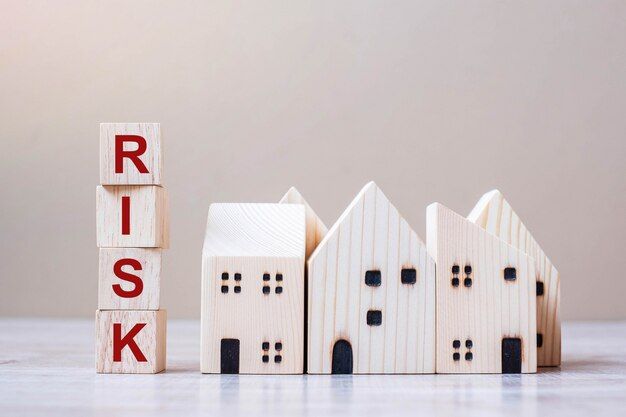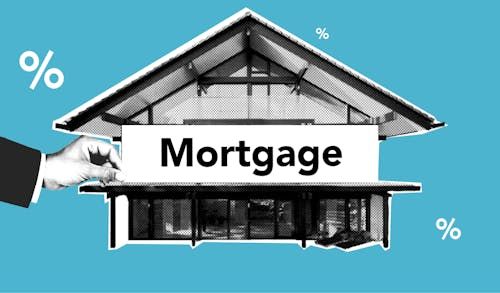Leverage can be both a blessing and a curse. Its like a high-stakes game where the potential rewards are great, but the risks of losing everything are even greater. In real estate investment, leverage is a double-edged sword. On one hand, using borrowed funds to purchase properties can amplify your returns, allowing you to acquire more assets than you could afford with your own capital alone.
On the other hand, if things go wrong, whether it's an unexpected market downturn, rising interest rates, or an unforeseen expense, the consequences can be devastating. In this article, we’ll explore the 5 risks of overleveraged in real estate and how to avoid the pitfalls.
1. Increased Risk of Default

Overleveraging means your debt-to-equity ratio is too high, leaving you vulnerable when the market fluctuates. When interest rates rise or rental income decreases, your debt obligations may become difficult to manage. In these scenarios, missed payments can lead to penalties or even foreclosure.
A good practice is to ensure your rental income comfortably covers mortgage payments and expenses, reducing the likelihood of default.
2. Damage to Your Credit Score

A damaged credit score is one of the most significant consequences of overleveraging. If you miss loan payments, your credit rating will take a hit. This makes it harder to secure future financing for new properties or refinance existing loans.
Protecting your credit score is crucial for long-term success in real estate investment.
3. Financial and Mental Stress

The mental strain of managing properties under heavy debt can be overwhelming. Overleveraging increases pressure, especially when market conditions are unstable. This stress can lead to poor decision-making and a lack of focus on the long-term health of your investments.
It’s essential to strike a balance between debt and equity and to ensure that your personal well-being isn’t compromised by financial stress.
4. Limited Flexibility in a Market Downturn

Real estate markets are cyclical, and downturns are inevitable. When you're heavily leveraged, a minor market decline can trigger severe consequences.
Lower property values and reduced rent rates might leave you with more debt than your properties are worth. To avoid this risk, build cash reserves and diversify your investment portfolio.
5. The Risk of Losing Everything

In the worst case scenario, excessive debt can lead to total financial ruin. If multiple investments fail or property values plummet, you risk losing both your properties and your initial capital.
Overleveraging can even push you toward bankruptcy. It’s crucial to regularly evaluate your debt-to-equity ratio and ensure you're not exposing yourself to catastrophic financial risk. Diversifying your assets and maintaining a healthy balance between debt and equity will safeguard you from severe losses.



